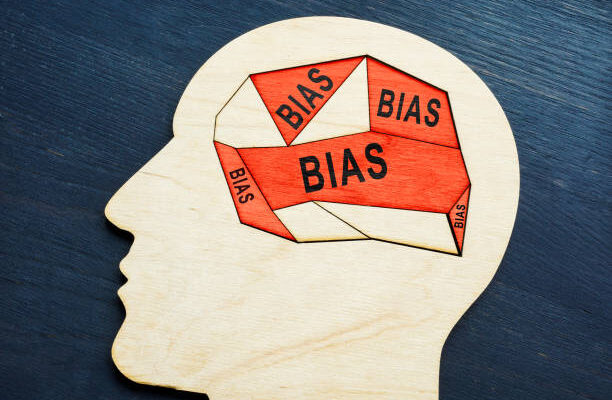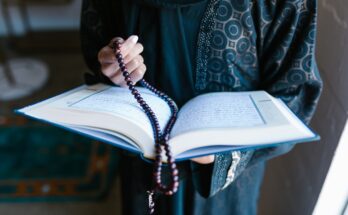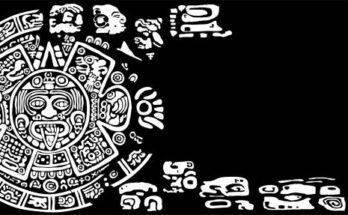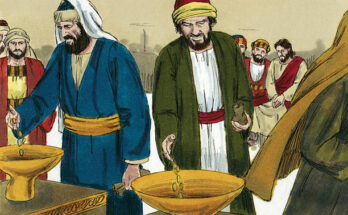In the intricate web of human societies, religion has long been a powerful force shaping beliefs, values, and interpersonal dynamics. While many find solace, guidance, and a sense of purpose in their faith, the influence of religion extends beyond the spiritual realm into social and cultural spheres. One aspect that merits thorough exploration is the role of religion in forming prejudices. This article aims to delve into the complex connections between religious beliefs and the development of biases, shedding light on the multifaceted interplay between faith and prejudice.
-
Religion as a Source of Identity and Belonging
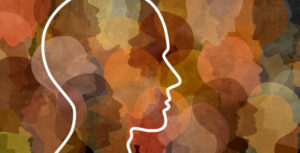 (Photo from iStock)
(Photo from iStock)
Religion often serves as a cornerstone for personal identity, providing individuals with a framework for understanding their place in the world. The sense of belonging to a religious community fosters a shared identity among its members, creating a bond that can be both unifying and divisive. The solidarity within religious groups can inadvertently contribute to the formation of prejudices, as individuals may develop an “us versus them” mentality, viewing those outside their faith as different or even threatening.
-
In-Group Favouritism
The psychological phenomenon of in-group favouritism, where individuals favour members of their own group over those from other groups, is closely linked to religious identity. Studies have shown that individuals are more likely to display bias in favour of their religious in-group, leading to the exclusion or marginalization of those who hold different beliefs. This tendency can fuel the flames of prejudice, creating barriers between religious communities and hindering meaningful interfaith dialogue.
-
Fear of the Other
Religious teachings, particularly those emphasizing the dichotomy between believers and non-believers, can contribute to the fear of the “other.” When religious doctrines emphasize differences rather than commonalities, it becomes easier for adherents to view outsiders with suspicion or fear. This fear, rooted in religious teachings, can manifest as prejudice against individuals who deviate from established religious norms.
-
Interplay Between Religious Doctrine and Prejudice
 (Photo from iStock)
(Photo from iStock)
Religious doctrines play a pivotal role in shaping the worldview of believers. While many religious teachings emphasize love, compassion, and tolerance, others contain elements that can be interpreted as exclusive or discriminatory. It is crucial to recognize that interpretations of religious texts can vary widely. Moreover, individuals may selectively emphasize certain passages to justify their prejudices.
-
Selective Interpretation of Religious Texts
One of the mechanisms through which religion contributes to prejudice is the selective interpretation of sacred texts. Individuals may cherry-pick verses that support their pre-existing biases, reinforcing negative attitudes towards certain groups. This selective reading can perpetuate stereotypes and contribute to the entrenchment of discriminatory beliefs within religious communities.
-
Impact of Religious Leaders
Religious leaders, as influential figures within their communities, play a significant role in shaping the beliefs and attitudes of their followers. When religious leaders espouse intolerant views or promote exclusivity, it can have a cascading effect on the beliefs of their followers. Conversely, leaders who advocate for tolerance and understanding can foster a more inclusive religious environment, mitigating the development of prejudices.
-
Historical Context and Institutionalized Prejudices
 (Photo from iStock)
(Photo from iStock)
Examining the historical context provides insights into the institutionalization of prejudices within religious structures. Throughout history, religious institutions have, at times, been complicit in perpetuating discrimination and bias, reinforcing the idea that religious beliefs can be manipulated to justify prejudiced attitudes.
-
Historical Precedents
Numerous historical examples demonstrate the entanglement of religion and prejudice. From the Crusades to the Spanish Inquisition, religious institutions have, at times, been instrumental in promoting discrimination against those deemed religiously or culturally different. These historical precedents underscore the potential for religion to be wielded as a tool to legitimize prejudice.
-
Impact on Legal and Social Structures
The institutionalization of religious prejudices can extend beyond individual beliefs to influence legal and social structures. Laws and policies grounded in religious bias have, throughout history, marginalized and oppressed certain groups. Understanding how religious prejudices become embedded in societal structures is crucial for dismantling systemic discrimination and fostering a more inclusive and equitable society.
-
Challenges and Opportunities for Change
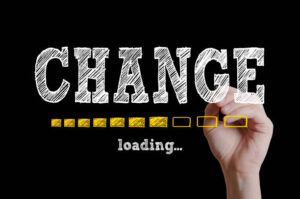 (Photo from iStock)
(Photo from iStock)
While the link between religion and prejudice is undeniable, it is essential to acknowledge that religion is not inherently divisive. Many religious traditions promote values of love, compassion, and unity. Furthermore, recognizing the potential for positive change within religious communities is key to addressing and overcoming the challenges posed by prejudiced attitudes.
-
Interfaith Dialogue and Understanding
Promoting interfaith dialogue and understanding is a vital step towards dismantling religious prejudices. By fostering conversations that highlight shared values and common humanity, individuals from different religious backgrounds can break down stereotypes and dispel misconceptions. Interfaith initiatives have the potential to build bridges between communities, fostering a more inclusive and tolerant society.
-
Education and Critical Thinking
Educational initiatives that promote critical thinking and a nuanced understanding of religious texts can play a pivotal role in mitigating prejudices. Encouraging individuals to question their assumptions, engage in open dialogue. Further, explore diverse perspectives can contribute to breaking the cycle of intolerance perpetuated by selective interpretations of religious doctrines.
Conclusion
In unravelling the complex connections between religion and prejudices. It becomes evident that the role of faith in shaping attitudes is nuanced and multifaceted. While religion can be a source of identity and belonging. It also has the potential to fuel division and discrimination. Recognizing the impact of religious teachings, the role of leaders. And the historical context is crucial for understanding. How prejudices become ingrained within religious communities.
Addressing religious prejudices requires a multifaceted approach that includes promoting interfaith dialogue. Fostering critical thinking, and challenging discriminatory interpretations of religious texts. By acknowledging the challenges and opportunities for change. Society can work towards creating a more inclusive and tolerant world where individuals. Eventually, can practice their faith while respecting the diversity of beliefs around them.
In the quest for a harmonious society, bridging the gap between religion and prejudices demands a collective effort. Emphasizing empathy, education. Evidently, a commitment to shared values, humanity can transcend divisive narratives. Fostering a world where religious diversity is celebrated rather than a source of discord.

